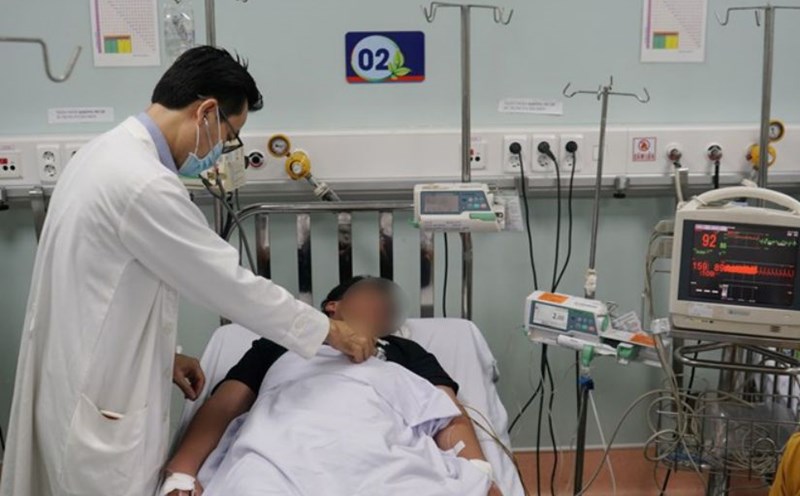Quarter 41, Tan Son Nhi Ward has just recorded 2 cases of dengue fever. Through epidemiological monitoring, this area has a BI = 20 (Brateau index reflecting the density of mosquito larvae), which poses a potential risk of outbreak. Recognizing the above risk, Tan Son Nhi Ward Health Station has advised the Ward People's Committee to deploy an outbreak management plan, and at the same time organize activities to prevent dengue fever and Chikungunya.
The Health Station coordinated with departments, organizations, heads of neighborhoods and community health collaborators to conduct communication activities, general cleaning and killed mosquito larvae within a radius of 200m in Quarter 41, including 672 households and 3 risk points.
That is just one of many campaigns being implemented simultaneously in wards in Ho Chi Minh City. Currently, the Ho Chi Minh City Department of Health has launched a campaign to kill mosquitoes and lunges to prevent dengue fever and Chikungunya.
According to BSCKII Huynh Minh Chin, Deputy Director of the Department of Health, last week the city recorded 2,000 new cases of dengue fever, of which 74% were severe cases. This is an alarming number, requiring drastic and synchronous action from the entire health sector.
In particular, maintain high vigilance against Chikungunya an infectious disease caused by a virus transmitted through a mosquito with symptoms similar to dengue fever. Although no cases have been recorded in Ho Chi Minh City, the Chikungunya virus has been circulating in Vietnam and is at risk of returning. Therefore, monitoring and prevention work is always proactively implemented.
The most effective measures are still to kill mosquitoes, kill mosquito larvae and maintain environmental hygiene.
At the same time, the health sector calls on people to regularly check household water containers, collect waste, treat mosquito larvae, prevent stagnant water, and create a favorable environment for mosquitoes to breed. People also need to coordinate with health workers in spraying chemicals, maintaining personal hygiene, especially washing their hands regularly with soap, especially when taking care of young children or before eating.











